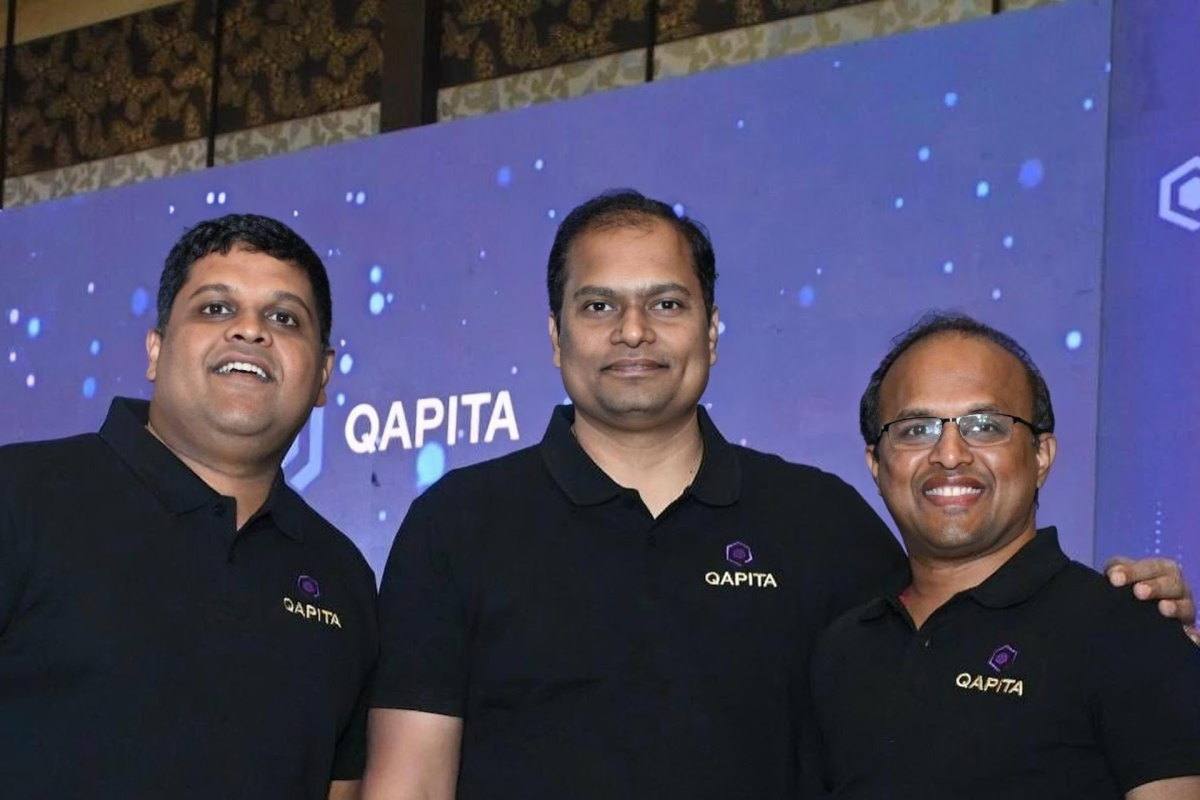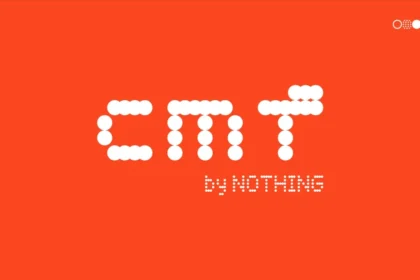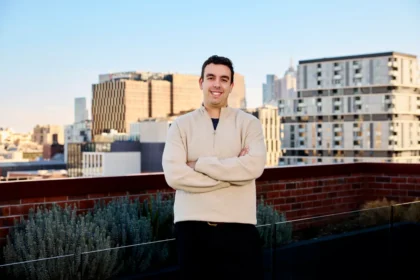Qapita, a Singapore-based equity management platform, has raised $26.5 million in a Series B funding round led by Charles Schwab, marking a major step in the company’s expansion into the U.S. market.
As part of the deal, Charles Schwab has introduced a new platform called Schwab Private Issuer Equity Services, powered by Qapita. The new service will help U.S. startups manage their cap tables, administer stock plans, and prepare for IPOs.
Founded in 2019 by Ravi Ravulaparthi (CEO), Lakshman Gupta (COO), and Vamsee Mohan (CTO), Qapita helps private companies track ownership, manage employee equity, and conduct secondary share sales. The platform serves thousands of private companies across Southeast Asia, India, and the U.S.
Initially launched to replace spreadsheets for cap table management, Qapita later expanded to offer equity management tools for employee stock plans. After competitor Carta exited the Indian market in 2023, Qapita strengthened its position and now counts around 2,700 companies as users, including about half of India’s unicorns.
Roughly 70% of Qapita’s customers are based in India, 20% in Southeast Asia, and a growing share in the U.S. through early market testing. About half of its clients pay for premium services, according to Ravulaparthi.
The new partnership with Charles Schwab significantly deepens Qapita’s reach in the U.S., where it will compete with established platforms like Carta, Pulley, and Morgan Stanley’s Shareworks. Schwab’s new offering will integrate with its wealth management network, enabling companies and employees to automate cap table processes, generate reports, and manage stock plans more efficiently.
Related: MIT Alum Sheena Jindal Launches $32M Fund to Back ‘Age of Intelligence’ Startups
Qapita’s latest funding round also saw participation from existing backers Citi and MassMutual Ventures. The startup plans to use the capital to launch a fund administration product and further enhance its multi-market platform.
To date, Qapita has raised over $80 million and employs around 300 people.






